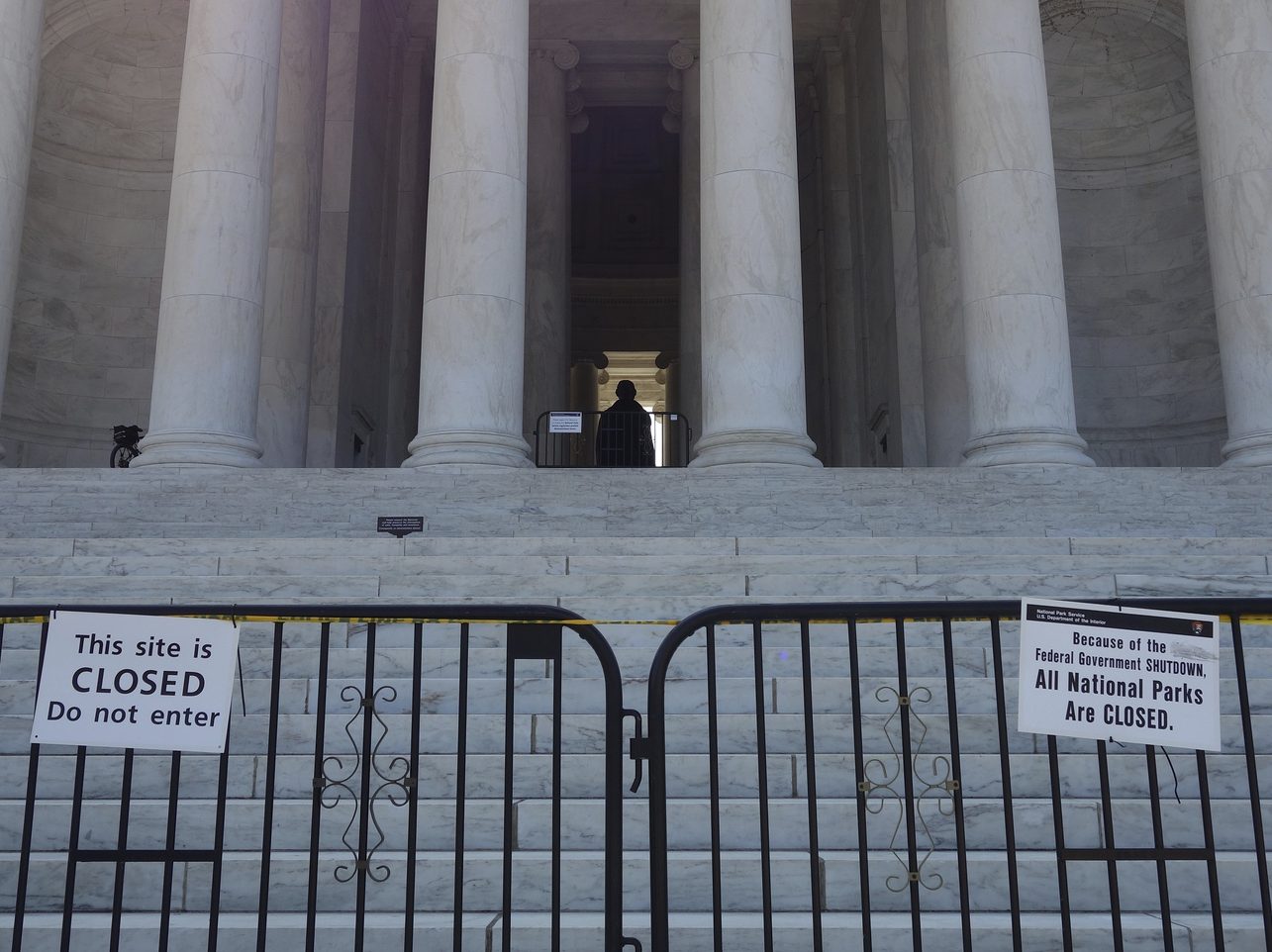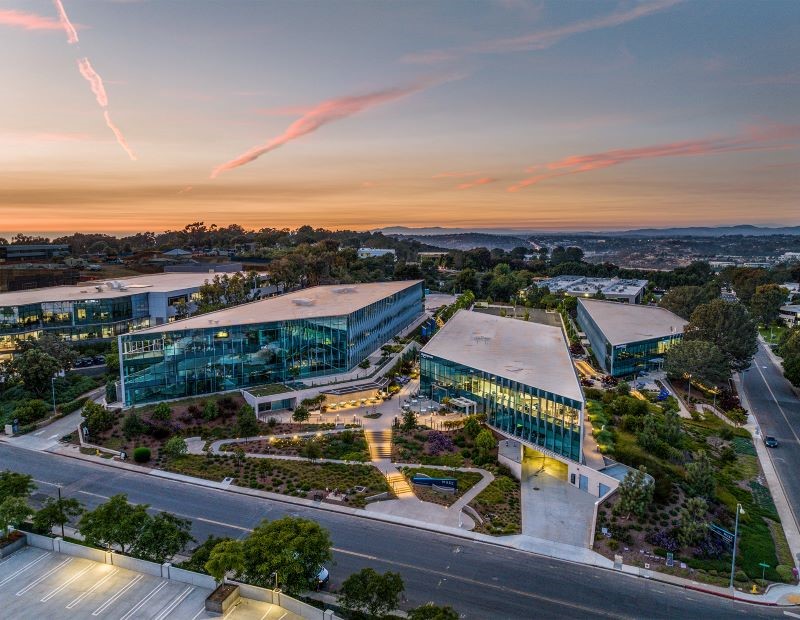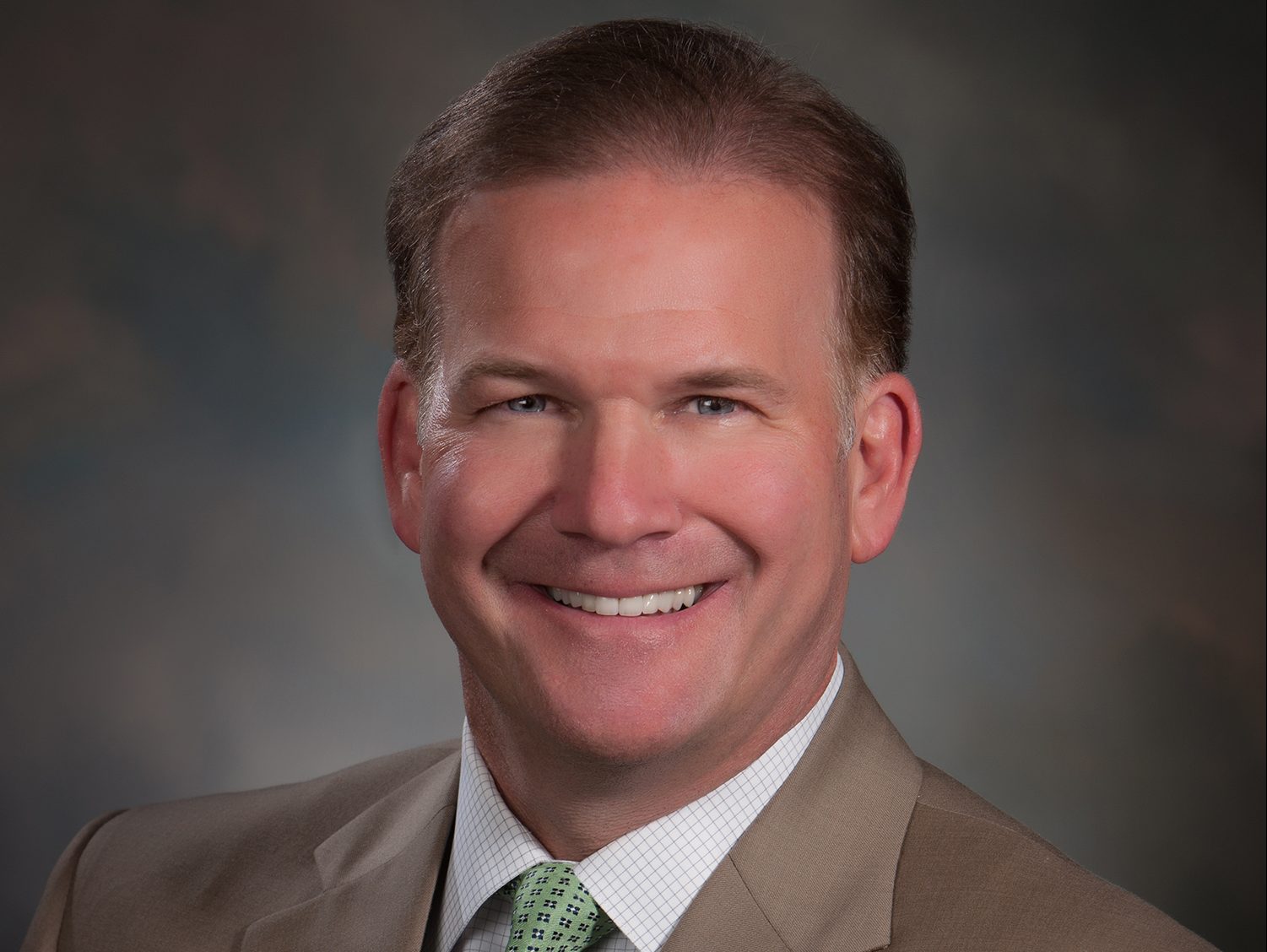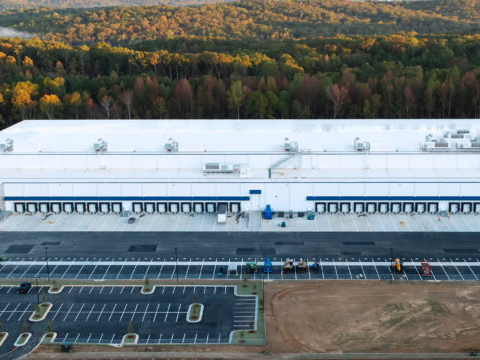How the Government Shutdown Impacts CRE
The longest shutdown in American history has delayed a public hearing on the Opportunity Zones program, but members of the industry still hold hope that things will start to look up.
 As the longest government shutdown in American history heads into its fourth week, the commercial real estate industry is preparing for possible repercussions. Chief among the concerns in the industry is the finalization of recently proposed Opportunity Zone regulations and the possibility of a trickle-down effect.
As the longest government shutdown in American history heads into its fourth week, the commercial real estate industry is preparing for possible repercussions. Chief among the concerns in the industry is the finalization of recently proposed Opportunity Zone regulations and the possibility of a trickle-down effect.
The Internal Revenue Service (IRS) and the U.S. Department of the Treasury are in charge of the federal tax incentive program, passed within the Tax Cuts and Jobs Act of 2017. The IRS was scheduled to hold a public hearing on the Opportunity Zone program on Jan. 10, but due to the partial shutdown, the hearing was postponed indefinitely.
Credit rating agency Moody’s Investors Service cautioned in a press release Jan. 9 that an extended government shutdown would hurt debt issuers across several sectors. The company said the shutdown is “credit negative” for the U.S. in that it disrupts the economy, but it does not have immediate implications for the credit rating.
“If the shutdown persists, it will complicate negotiations over the debt ceiling crisis,” the agency wrote in the release. Last February, Congress suspended the debt limit through March 1, 2019, which allowed the government to borrow as much as it needed to finance its operations. After that, the debt ceiling will be re-imposed, preventing the government from borrowing to finance already approved operations.
HOT BUTTON ISSUE
The political nature of the delay has led many CRE professionals to remain tight-lipped about the subject. One CRE professional, who did not want to be identified, said the shutdown would not cause a direct impact on the industry, but there could be potential for indirect impacts if the shutdown lingers further and consumers spend less on retail.
However, other professionals, like Dan Ryan, a partner in the tax department at law firm Sullivan & Worcester, said in a prepared statement that the delay could affect the final outcome of the regulations.
“This is unfortunate because it will delay the finalization of the recently proposed regulations, and any final regulations could have significant changes or differences from the proposed regulations,” said Ryan. “The shutdown may also delay the anticipated issuance of additional proposed regulations, initially expected at the end of December and later thought to be issued at the end of January.”
In a statement to Commercial Property Executive, Cushman & Wakefield’s David Bitner, who is head of capital market research for the Americas, said the hearing would have given interested parties the opportunity to comment on the guidelines the IRS released in October. In the lead-up to the hearing, various groups submitted approximately 150 comments to the IRS, with the hope of expanded rules and more flexibility.
“The investing public has been hopeful that further guidance would expand the range of eligible investments, facilitate a wider range of fund structures (including the feeder funds commonly used in the private equity industry) and permit greater flexibility to investors who wish to invest in opportunity zones but face delays in identifying appropriate investments,” said Bitner.
However, Bitner pointed out that the October guidance by the IRS made it clear that investors can still move forward without waiting for a final rule. That means the strong momentum of opportunity zone fund formation and capital rising will still continue, despite the shutdown.
“Opportunity zone investment exhibits first move advantages, and this delay potentially lengthens this window for investors willing and able to act on the basis of the existing guidance,” he said.
Photo via Flickr Creative Commons user John Sonderman







You must be logged in to post a comment.